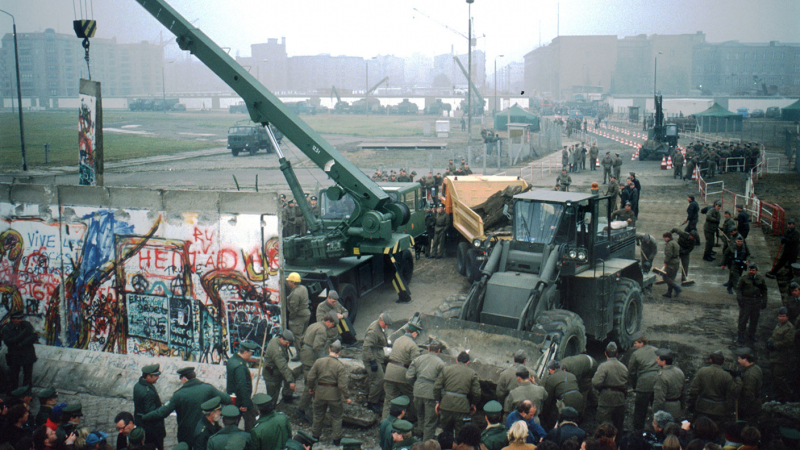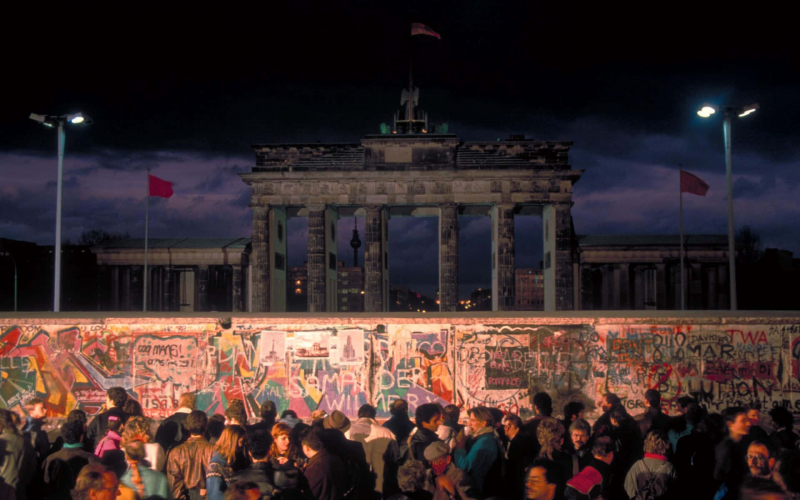The Ripple Effect of the Fall of the Berlin Wall on Global Politics
The fall of the Berlin Wall in 1989 marked a pivotal moment in global politics. This essay examines how it reshaped international relations, impacted global ideologies, and influenced subsequent conflicts and unifications.
The immediate aftermath of the fall of the Berlin Wall was the acceleration of the end of the Cold War. For decades, the Wall had stood as a stark symbol of the divide between the communist East and the capitalist West. Its demolition symbolized the weakening of Soviet influence in Eastern Europe. It led to the dissolution of the Soviet Union in 1991. This dissolution reshaped global power dynamics, effectively ending the bipolar world order dominated by the United States and the Soviet Union. Historians like John Lewis Gaddis have argued that this event marked a significant shift in international relations. It transitioned the world towards a unipolar system with the United States as the sole superpower (Gaddis, 1992).
Furthermore, the fall of the Berlin Wall profoundly impacted global ideologies. It discredited the viability of authoritarian communism as a governing ideology. Therefore, it led to a widespread embrace of democracy and free-market capitalism. This ideological shift was not limited to Europe but was felt worldwide, from Latin America to Africa and Asia. Political scientist Francis Fukuyama famously declared this event as the "end of history." It signifies the triumph of liberal democracy as the ultimate form of human government (Fukuyama, 1992).
The event also had far-reaching implications for regional conflicts and unifications. The power vacuum left by the Soviet Union's collapse led to the emergence of new nationalistic movements and conflicts, particularly in Eastern Europe and Central Asia. Conversely, it also facilitated Germany's unification and the European Union's expansion. The event fostered greater European integration.
In conclusion, the fall of the Berlin Wall was a transformative event with profound and lasting impacts on global politics. It catalyzed the end of the Cold War, led to a shift in global ideologies, and influenced various geopolitical developments. Its legacy continues to shape international relations.
References
- Gaddis, J. L. (1992). The United States and the End of the Cold War: Implications, Reconsiderations, Provocations. New York: Oxford University Press.
- Fukuyama, F. (1992). The End of History and the Last Man. New York: Free Press.












